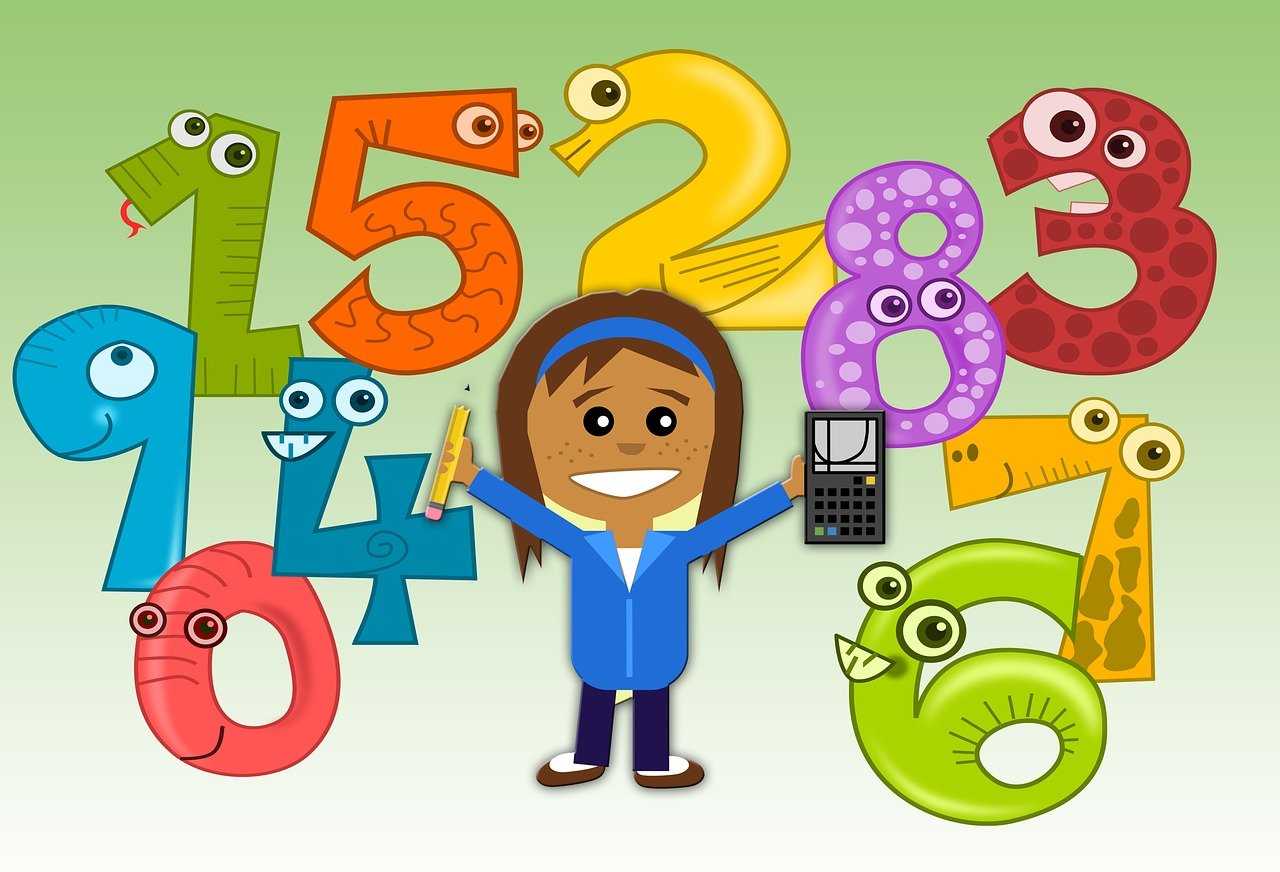
Maths
A large number of Olympiads are held each year all over the world. In certain Olympiads, students compete against their peers on a national level, while in others, they compete on an international one. The Science Olympiad Foundation, or SOF, is a non-profit organisation that organises the world’s largest and most popular school-level Olympiads. The purpose of SOF Olympiads is to assist students to improve their logical thinking, analytical, and problem-solving skills. It evaluates students’ theoretical and practical knowledge of the subject, preparing them to face the challenges of today’s competitive world. As a result, participation in SOF Olympiads is widely promoted among schoolchildren.
After learning about the benefits of participating in Olympiads, you’ll want to know how to sign up and study for them in addition to your regular schoolwork. Students can be registered at schools. You must have a well-thought-out preparation approach to succeed in these examinations. We will help you by providing the finest advice that will not only prepare you for these examinations but will also help you land prominent employment.
- Have a reason to choose Maths Olympiads: As previously stated, there are six SOF Olympiads held each academic year. As a result, based on your area of interest, you should decide ahead of time which Olympiads you want to compete in. Students who compete in all Olympiads and receive merit positions are granted the Academic Excellence Award. As a result, you should consider participating in each of the six Olympiads.
- Know the Syllabus: The exam syllabus should be made available to all students. On the SOF’s official website, you can get the syllabus for each Olympiad test. It would be foolish to begin studying for the exams without first gaining a thorough comprehension of the issues and content that will be covered.
- Begin Early: The syllabus for the Olympiad exam is the same as for your school academics, even though the level of the Olympiad test is higher. As a result, don’t wait for the Olympiad scheduled to be released. Start making plans as soon as feasible. Students that attain international rankings begin training as soon as they advance to the next level.
For understanding the pattern and syllabus, solve the IMO Maths Olympiad Class 6 Previous Year Question Paper which could guide you to achieve success in the olympiad.
- Have crystal clear concepts: The Olympiad problems are demanding and sophisticated. As a result, students must have a thorough understanding of each concept and topic presented during the Olympiad. You may need to understand two or three ideas to get the right response to a single question. After you’ve finished reading a chapter, go through the MCQs in that chapter to make sure you understand everything.
- Stick to a schedule: The next step is to make a timetable and keep to it. Examine the timetables for the Olympiads in different disciplines and create arrangements based on the time available. If you don’t plan, you’ll plan to fail, as the saying goes. Create a well-balanced schedule that includes a healthy mix of schooling, Olympiad preparation, and leisure time. Set aside one hour each day to prepare for the Olympiads by studying, revising, or practising.
- Recognize the structure of the Olympiads. Even though students have a thorough understanding of the concepts, they may feel stuck while marking the answer. MCQs are not commonly attempted by kids in school. SOF Olympiads can be completed with either paper or a computer. In one hour, students must answer 35-50 multiple-choice questions (MCQs) depending on their studies. Each question is awarded 1, 2, or 3 points, depending on the section. Students can check the most recent Olympiad pattern for each topic and class on the Science Olympiad Foundation’s official website. Students must be exceedingly cautious while marking answers since even a tiny mistake might result in the loss of a year’s worth of study.
- Revise, And Restart: Preparing for an Olympiad entails more than just honing your grey matter’s abilities. It’s also a good idea to get into the habit of studying diligently and consistently. We recommend that you practise with sample papers or mock examinations regularly once you’ve completed your course. Never leave a question unanswered, and be determined to solve it on your own or with the help of professors, parents, or classmates. If you feel you’re falling short anywhere, go back and read that idea again to reinforce it.
- Don’t overlook the Logical Reasoning Section: This is one of the most important things to keep in mind. Many parents and children are unaware that in NSO, IMO, and NCO, Logical Reasoning has its section. Because they are unprepared, students usually lose points on these questions. Students can utilise logical reasoning questions to help them think more clearly and rationally while also grasping the logical link. This technique helps students improve their overall academic performance.
- Time management: All of your previous efforts will be for nought if you can’t master time management. Throughout the exam, students get anxious and feel under pressure. As a result, you’ll commit blunder after blunder and squander valuable time. As a result, you should practise time management by working on a growing number of sample papers in a short time. Any form of exam, whether on paper or online, should be prepared for.
- Stay refreshed, active, and healthy when studying: While studying, students are prone to become tired quickly. Make sure you’re not skipping meals and that you’re eating on time, whether it’s a glass of milk or a handful of almonds. Maintaining strong energy levels and a clear mind requires proper nutrition. As a consequence, consume a well-balanced diet rich in proteins, vitamins, and minerals and restrict your intake of junk food, which induces weariness.
Conclusion
Any child may easily prepare for the Olympiads if they follow these rules. The first step is to obtain all relevant information on the Olympiads from trustworthy sources and select appropriate study materials. Good study materials steer students on the right path in terms of what they should learn.






